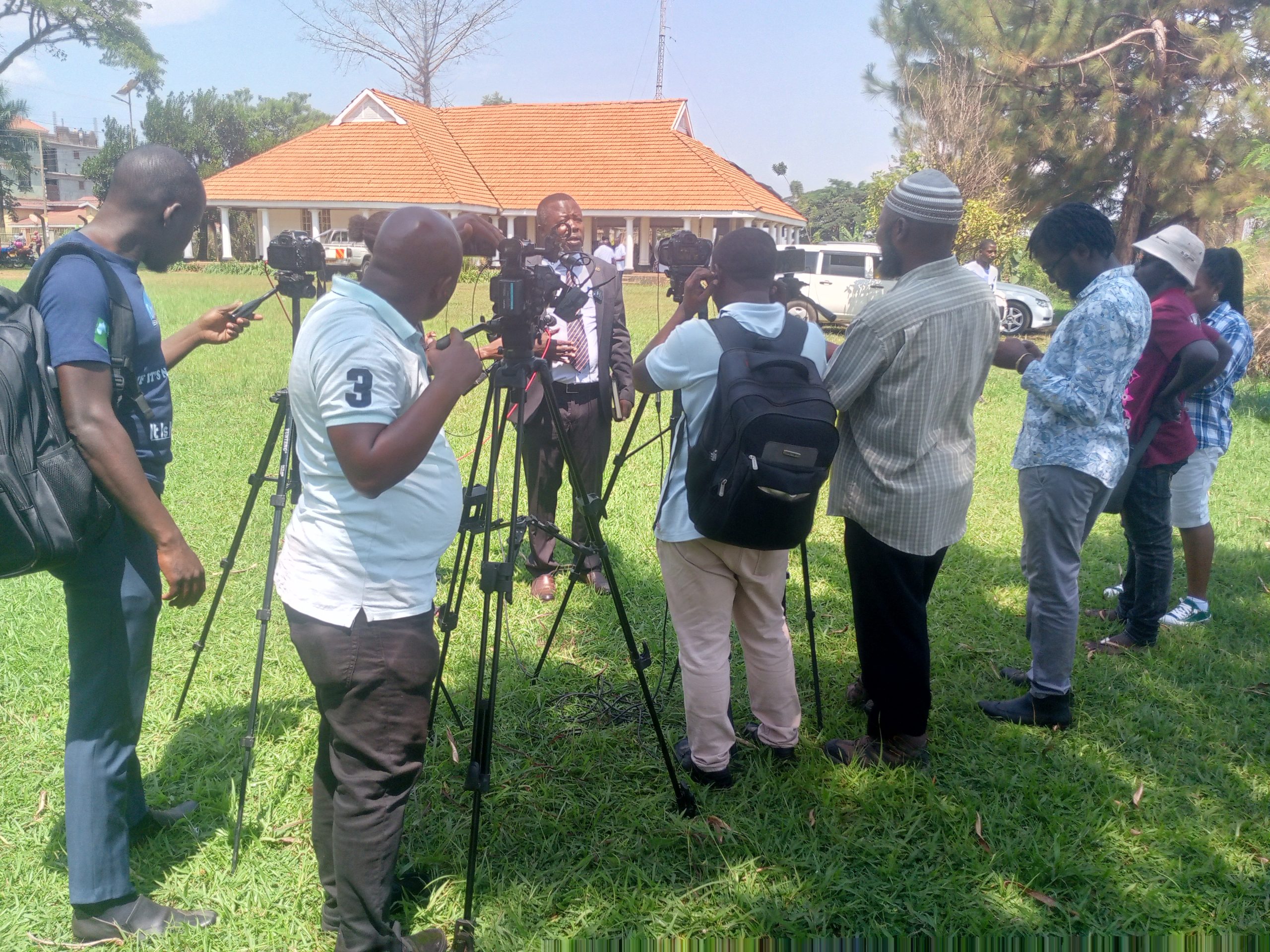Jesus Christ, while exhausted, hungry, and tired from a long journey, came across a fig tree. Finding no fruit on it, He cursed the tree for being barren. Metaphorically, local governments are meant to be vessels delivering public services to the community. When they fail to deliver, the local people react similarly to how Jesus reacted to the fig tree—with disappointment. This dissatisfaction can result in fewer ballots being cast, as voters express their frustration silently.
Exposure to strong legislation on combating white-collar crimes through administrative law training may be beneficial in empowering employees to distinguish between public and private funds. Public funds come through approved budgets and are governed by numerous policies regarding their expenditure. All spending must adhere to these protocols. However, many employees unknowingly engage in the improper disbursement of funds, with both junior and senior officials being implicated, as evidenced by state criminal records in Uganda.
The best remedy is to address the factors that hinder proper utilization of government funds. Ideally, funds should reach the beneficiaries in areas such as Bukalasi, Bududa, or Kabale Muyebe. However, they often end up in the accounts of people in cities and major towns instead of reaching those in need. While more money does reach the intended beneficiaries than is embezzled, incarcerating offenders does not cure the criminal mindset. Proper and continuous training in administrative law and financial courses can help address this issue by making employees aware of the risks and consequences of misusing public funds.
Recently, high-ranking officials, including permanent secretaries, members of Parliament, chief administrative officers, town clerks, and even lower-ranked employees like parish chiefs, have been indicted for various crimes related to their duties. While some officials, such as permanent secretaries, may have legal training yet choose to disregard the law, it can be argued that without such training, the situation might be worse. Their knowledge of the law may prevent even greater plunder of public resources.
Public resources are sometimes diverted under the guise of superior authority, which is unacceptable. According to the Anti-Corruption Act 2009, specifically sections 2 through 6, any diversion of public resources to activities not budgeted for is considered corruption.
The strong punitive measures outlined in the Anti-Corruption Act, the Penal Code Act, and the Criminal Procedure Code Act can serve as deterrents against misconduct involving resources meant for Ugandans.
Court and police records show significant statistics on government employees involved in abuse of public funds, including district commercial officials, parish chiefs, and other focal persons charged with implementing government programs such as the Parish Development Model (PDM) and the Youth Fund (Emyooga). Some have also been implicated in diverting salaries of workers.
Research indicates that about 30% of these funds are not properly accounted for, leading to indictments, imprisonment, and other disciplinary measures for those mismanaging the funds. On average, every district in Uganda has at least ten officials implicated in misuse of public funds, leading to summons, indictments, terminations, and even imprisonment.
The Parish Development Model (PDM) is implemented across various parish levels in Uganda, spanning over 10,000 parishes and over 70,000 villages, serving a population of over 30 million Ugandans in rural areas, as reported by the Uganda Bureau of Statistics (UBOS). These funds are intended for low-income earners, women, youth, and persons with disabilities to boost their capacity for trade, distributed through the Ministry of Finance, districts, and parishes, and accessed through various SACCOs.
To combat factors hindering proper use of these funds, scholarly literature suggests ensuring that implementers are well-equipped with legal skills, particularly in administrative law. Makerere University, for instance, has several centers based on the government’s decentralization policy, extending to places like Mbale, Jinja, and Lira. This university has contributed to administrative law training for local government employees, improving their capacity to serve effectively.
Local government literature attributes improved fund distribution to universities like Makerere, which have trained employees in administrative law. Those who have been arrested often rejected legal training, highlighting the importance of such education.
Makerere University, according to data from various local government service commissions, the National Council for Higher Education (NCHE), and the university council, has trained district education officers, town clerks, and subcounty chiefs at its Mbale-based study center. This training builds the capacity of local government employees by equipping them with skills in administrative law and public administration, contributing to a better pool of manpower in local governments and ministries.
The course units taught include an introduction to law, criminal law, and constitutional law, among others. These courses help learners appreciate the role of criminal law, including various offenses and punishments, and understand principles of natural justice and legal frameworks at local government levels.
One of the leading authors on white-collar crime, Edwin Sutherland, faced backlash in the early 1930s for highlighting that public office staff engage in theft. As Fela Kuti, the famous Nigerian singer, noted, those who steal with a pen can rob more than those who use a gun.
Let us acquire relevant knowledge in criminology and administrative law and strive to become assets rather than liabilities in our workplaces.
The writer is a researcher based in Mbale.




















